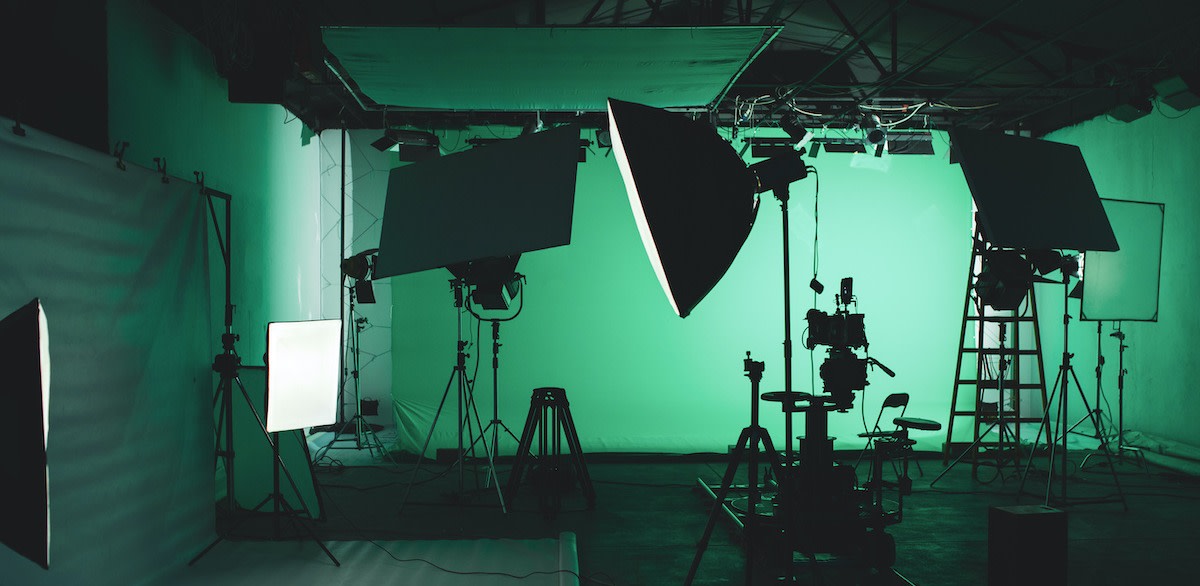Lighting Designer: How to Become a Lighting Designer
Written by MasterClass
Last updated: Dec 20, 2021 • 3 min read
The lighting designer is responsible for both practical effects, like creating a specific time of day on-screen, and more conceptual creative tasks, like contributing to the mood of a scene. Find out more about this essential part of the production crew.
Learn From the Best
What Is a Lighting Designer?
In the film industry, a lighting designer works across production and creative teams to devise a lighting plan and implement lighting effects for a given set or space. As members of a production team, professional lighting designers are responsible for contributing to the overall vision for the production and producing lighting that communicates a particular time of day or location on-screen.
What Does a Lighting Designer Do?
Since a lighting designer’s job straddles both the creative and technical aspects of production, they perform several disparate but interconnected tasks:
- Creates the mood: A lighting designer works closely with members of the production and design team, such as the set designer, the costume designer, the director, the production designer, and even the sound designer, to ensure their vision for the lighting aligns with and contributes to the overall effect of a scene. Creating the mood may involve drawing storyboards or renderings that illustrate how lighting will look.
- Devises the lighting plot: A lighting designer will meet regularly with the technical director to figure out the best way for their lighting plan, also known as the light plot, to fit in with the other components of the production and the technical capabilities and limitations of a given space. They will then participate in technical rehearsals to test and tweak lighting as necessary and program or operate the lighting console.
- Oversee rig construction: Depending on the production size, the lighting designer may build the lighting system themselves or manage a lighting crew. A lighting crew consists of lighting technicians who install the rigs and lighting fixtures to light a scene. Lighting designers are also electricians since they need the technical skills to confirm that a set can accommodate the equipment necessary to execute their vision.
What Skills Do You Need to Become a Lighting Designer?
A lighting designer needs to be adept both as an engineer who understands how lighting equipment and lighting instruments work and as an artist who can create a visual effect.
As a result, in addition to electrical engineering, a lighting designer needs to have a firm grasp of creative concepts like light and color theory to contribute to the overall production.
How to Become a Lighting Designer
Like many jobs in the film industry, there’s no one path to becoming a lighting designer. You’ll need to gain experience working on film crews and build connections with your fellow crew members. Here’s how to get started:
- Consider schooling. While you’ll gain most of your experience on the job, schooling can help lay the foundation for your career as a lighting designer. Some universities offer bachelor’s degrees in lighting design. You may also benefit from coursework in the fields of engineering, architecture, film, and art.
- Gain entry-level experience. The most common path to lighting designer jobs is through other crew jobs. For example, you may work your way through entry-level positions and get a job as a production manager or stage manager, then gain experience as a lighting technician working underneath a lighting designer.
- Network with others in the industry. Once you get your foot in the door as part of a film crew, it’s time to start networking. Contribute meaningfully to production meetings and try to find mentors in the industry.
- Build out your résumé. Take as many jobs as you can to make connections and gain valuable practice constructing a lighting rig and learning about the ins and outs of film production. If you can’t land a big movie, look for smaller, student-run projects where you may get to exercise more creativity.
Want to Learn More About Film?
Become a better filmmaker with the MasterClass Annual Membership. Gain access to exclusive video lessons taught by the world’s best, including James Cameron, Spike Lee, David Lynch, Shonda Rhimes, Jodie Foster, Martin Scorsese, and more.
